If there is one fruit celebrated throughout history it is the grape. Symbolic with prosperity from ancient times the grape and its fermented juice had its own gods. In ancient Egypt it was Shezmu. In ancient Greece it was Dionysus with its Roman counterpoint Bacchus, often in the company of a goat. In Chinese mythology it is Yidi and in India it is Varuni and Shiva. In the Christian religion fermented grape juice—wine—is a crucial component of the Eucharist. That gives the Judeo-Christian world a connection with the grape of rebirth and blessing.
The Spanish have a tradition of eating twelve grapes on New Year’s Eve at the stroke of midnight for good luck all year long.
The Victorians also celebrated the grape, to whom it represented friendship and hospitality. As such grape iconography was plentiful in Victorian culture and pottery. Majolica, of course was no exception with its abundance of Neo-classic iconography. Grape related items are found everywhere; from elaborate Minton centerpieces to humble Etruscan grape servers. Wine ewers, grapes, grape leaves and grape vines are pervasive, often associated with satyrs and fauns as well as with foxes, a reference to the “sour grapes” Aesop’s fable.
Let’s take a look at some representative pieces.
For me personally, grapes have always had a special connection. Growing up my favorite Greek food was stuffed grape leaves, dolmathes (Ντολμάδες). Most people are used to the soft greasy things that come ready made in a jar or can, but the real thing made fresh is nothing like that. If you have the ambition to try it you won’t regret it. Your guests will clammer for more.
Here’s the recipe:
STUFFED GRAPE LEAVES
INGREDIENTS
STUFFING:
3 T. olive oil
1 c. minced yellow onion
1 c. uncooked long grain rice
1 c. raw ground beef, or lamb 95% lean
3 T. fresh dill chopped
3 T. fresh parsley chopped
Jar of Greek cured grape leaves
MARINADE:
Juice of 1 1/2 large lemons
1/2 c. olive oil
Pinch of salt
DIRECTIONS
1. Make stuffing: Add olive oil to skillet. Over medium fire, add the rest of the stuffing ingredients and keep stirring over medium fire until meat is cooked. (Rice will still be raw). Set aside to cool.
2. Prepare leaves: Unroll the grape leaves from the jar. Rinse each grape leaf. Trim off stems. Take a grape leaf and place flat, dull side up, with the pointed part away from you. Place an extra small leaf over the area where the stem was cut). Place about a Tbsp of stuffing in the shape of a tootsie roll on that extra small leaf. Fold sides over and roll up. Makes 30.
3. Prepare pot to cook dolmathes: You will need a heavy bottomed stock pot or dutch oven and a ceramic plate that fits inside the pot over the dolmathes while they cook. Line the bottom of the stock pot with about 10 rinsed off grape leaves. Add dolmathes on top of the leaves. Add one layer at a time. Pour marinade over the dolmathes evenly. Place a ceramic plate over the dolmathes to prevent them from moving. Pour water over until plate is almost submerged.
4. Bring to boil and lower heat, then allow to cook on low fire for 1 hour 10 mins. Watch the water, to avoid scorching the bottom. Most of the liquid should be evaporated at the end of cooking time. If it evaporates too fast you may need to add more water. When cool, you can remove the dolmathes.
They can be served warm or at room temperature, making them a perfect make-ahead appetizer. They can also be served with tzatziki, a dill flavored yogurt sauce.
Note: You can use fresh grape leaves from your own vines but these should be parboiled before using.
Thanks to my niece @1000cravings for her photos.


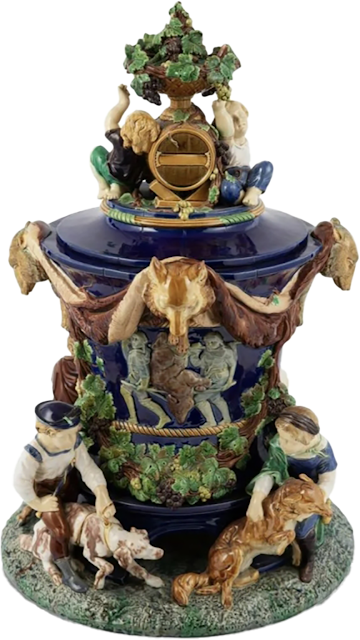



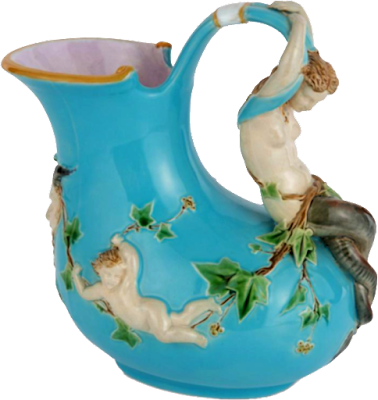









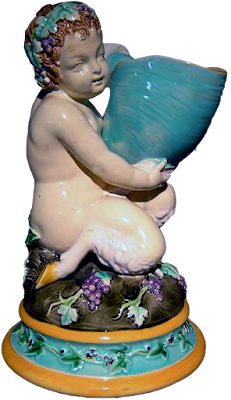

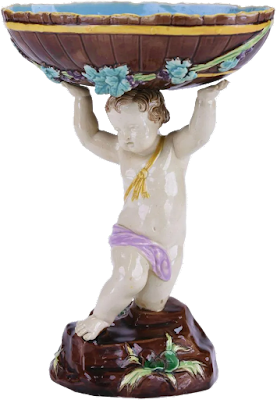






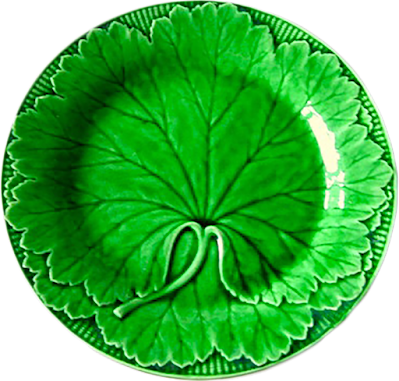

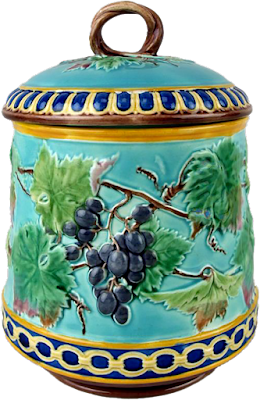








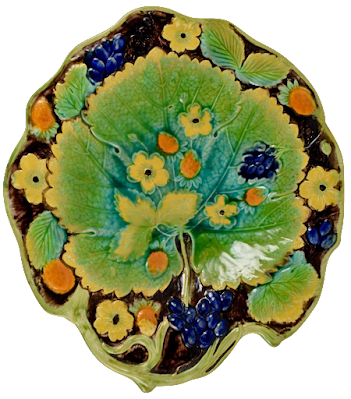







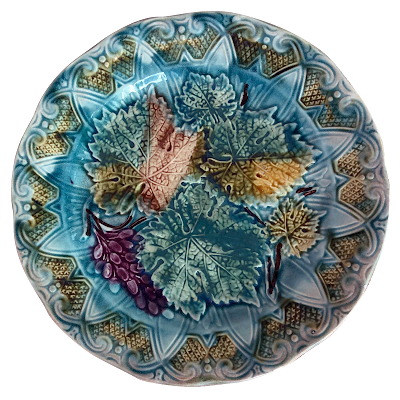







No comments:
Post a Comment